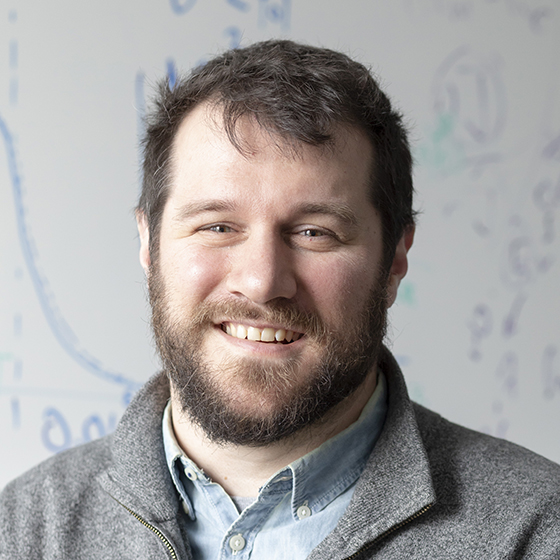
- This event has passed.
MEAM Seminar: “Towards the Discovery of Trustworthy and Interpretable ML-enabled Constitutive Laws for Solids from Low- and Limited-data”
February 6, 2024 at 10:00 AM - 11:30 AM
Machine learning techniques are gearing up to play a significant role in the field of computational solid mechanics and multiphysics, enabling the integration of experimental data and physical constraints towards data-driven constitutive laws, acceleration of computational techniques for multi-scale modeling, and new paradigms for the solution of forward and inverse problems, to name a few. This talk will cover recent advancements in the area of ML-enabled constitutive modeling I) A physics-informed data-driven constitutive modeling approach for isotropic and anisotropic hyperelastic materials is developed using tensor representation theorems. The trained surrogates (using GPR and NNs) are able to respect physical principles such as material frame indifference, material symmetry, and the local balance of angular momentum. Overall, the presented approach is tested on synthetic data from isotropic and anisotropic constitutive laws and shows surprising accuracy even far beyond the limits of the training domain, indicating that the resulting surrogates can efficiently generalize as they incorporate knowledge about the underlying physics. Additionally it is shown that the inherent material symmetries can be discovered directly from data. II) Finally, we proceed to tackle elastoplasticity in a modular framework. Employing convexity for the yield functions we recover textrure-parametrized yield functions using input convex (IC)NNs and propose a hybrid model-data-driven framework to recover yield functions with tension compression asymmetries in the low data regime. Additionally by employing thermodynamic requirements in an NN-based framework we learn hardening laws from limited experimental data. III) The extension of the above approaches for both hyperelasticity and elastoplasticity to enable interpretable discovery of constitutive models without the use of model libraries will be discussed. IV) Finally ML-hybrid approaches for the solution of PDEs will be introduced, focusing on applications in solid and structural mechanics towards high dimensional optimization problems requiring robust and trustworthy solvers.

Nikolaos Bouklas
Assistant Professor, Sibley School of Mechanical and Aerospace Engineering, Cornell University
Dr. Bouklas is an Assistant Professor at the Sibley School of Mechanical and Aerospace Engineering at Cornell University. Prior to that, he was a postdoctoral researcher at the Laboratory for Multiscale Materials Modeling at EPFL, Switzerland, and at the Oden Institute at the University of Texas at Austin. He received his PhD from the Aerospace Engineering and Engineering Mechanics department at the University of Texas at Austin and obtained his Diploma in Mechanical Engineering from the Aristotle University of Thessaloniki, Greece. Dr. Bouklas’ research focuses in the fields of theoretical and computational solid mechanics. Developing theoretical frameworks and advanced computational methods, he aims to improve the fundamental understanding of materials and structures, and enhance the predictive capabilities in relevant engineering applications. He is interested in the study of soft materials and biomaterials, biomechanics and mechanobiology, as well as data-driven approaches for engineering simulation. He is the recipient of the Young Investigator Program award from the Air Force Office of Scientific Research, and is in the leadership of the Cornell SciAI Center funded by ONR.
